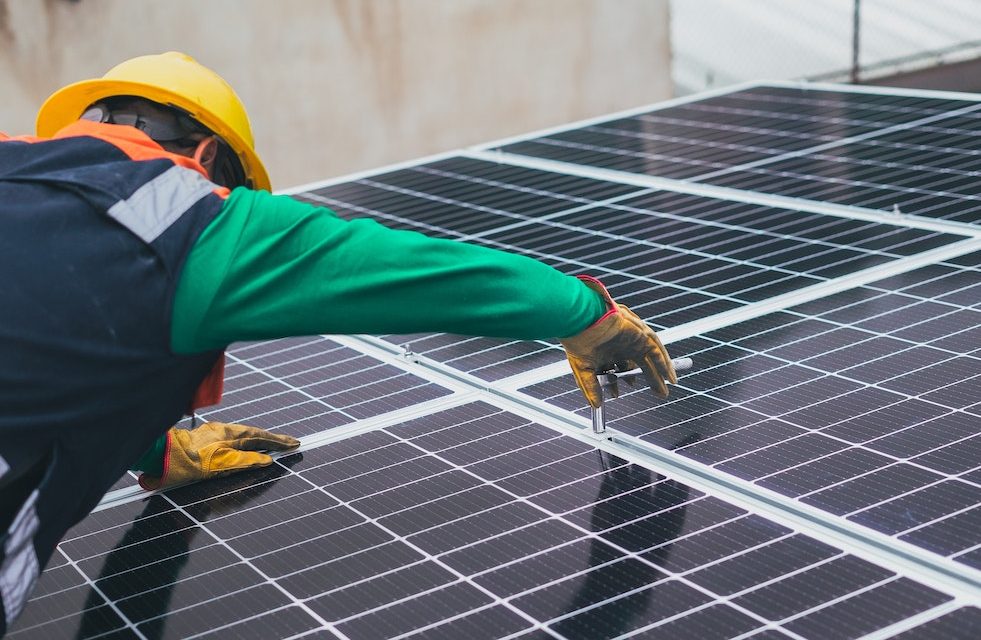The UK has been living in ‘interesting times’ for over a year now. Between the ever-rising cost of living and its impacts on everything from healthcare to the price of a mortgage, the average citizen has been experiencing a real squeeze. These unique economic issues have also stagnated government progress in a number of other ways, as attention is drawn away from pre-existing issues – such as that of climate change.
Indeed, the volatile wholesale price of gas – the figure most often attributed to consumer and business troubles regarding energy bills – has somewhat derailed existing government commitments to climate change – despite being a golden opportunity for systemic change. But how did we get here, and what issues are future governments facing?
The UK and Net-Zero
Firstly, it is important to understand the ecological ground on which the UK currently stands. The nation is one of the leading forces against global climate change, leading talks at annual climate summits and coordinating international responses to the new, tangible impacts of air pollution on local and international communities.
Domestically, the UK was to practice what it preached. A bold net-zero strategy was outlined, in which the government committed to a carbon-neutral nation by 2050. It proposed to do this with sweeping reforms to business requirements and new legislation to curb domestic usage. However, recent events have called these commitments into question.
Energy and the Price Cap
The steep and continued rise in the cost of energy for both domestic households and businesses necessitated a government response; Ofgem’s domestic energy price cap was doing little to protect households, instead increasing to account for new wholesale prices. In Liz Truss’ brief stint as Prime Minister, she committed to a price freeze on energy for six months – a potentially key deflationary measure. But her plans to justify the move were, if anything, anti-ecological.
Fracking and North Sea Oil
Rather than accelerating the roll-out of green energy alternatives that would forever reduce the UK’s reliance on international gas, Truss instead re-opened the dialogue on national fossil fuel production and use; while attempting to ban solar projects on arable land, Truss counterintuitively backed the reversal of a ban on fracking, as well as the re-opening of North Sea oil drilling.
A Future in Turmoil
These moves were potentially disastrous, not only for climate change but also for energy bills. Rather than providing short-term domestic supply, gas harvested from fracking would instead enter the international gas markets – with little impact for the UK besides profit-making for fracking investors. Meanwhile. oil-drilling takes decades to bear fruit.
But Truss’ premiership was short-lived, and her legacy on climate change and potential net-zero reform do not show signs of remaining as policy. As Rishi Sunak takes the reins (at the time of publishing), it remains to be seen what action the government will take. What is obvious to many, however, is that fossil fuels are no solution to an existential crisis of any kind.


















